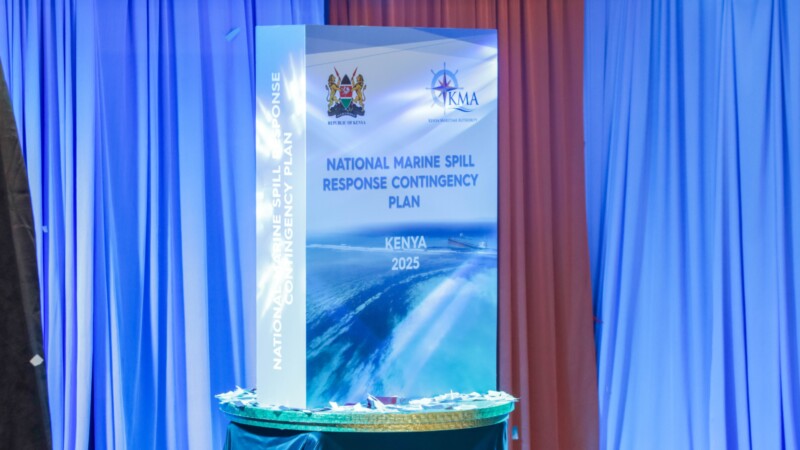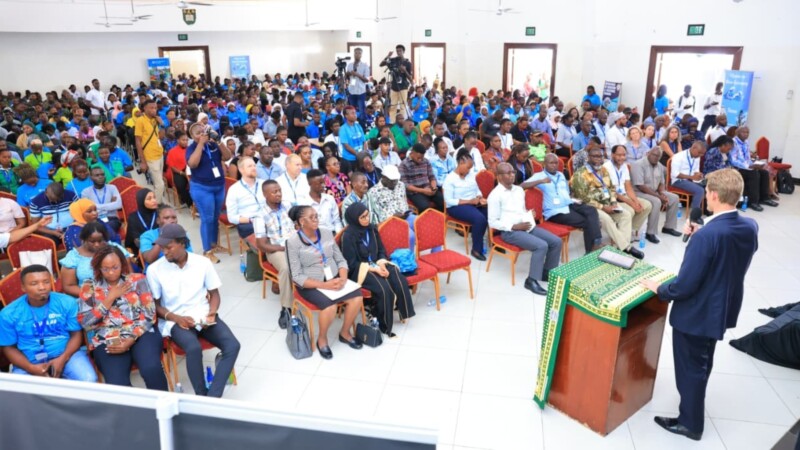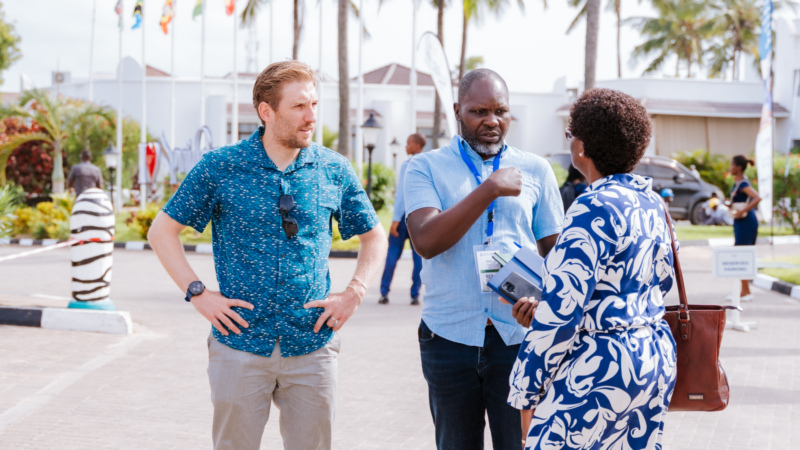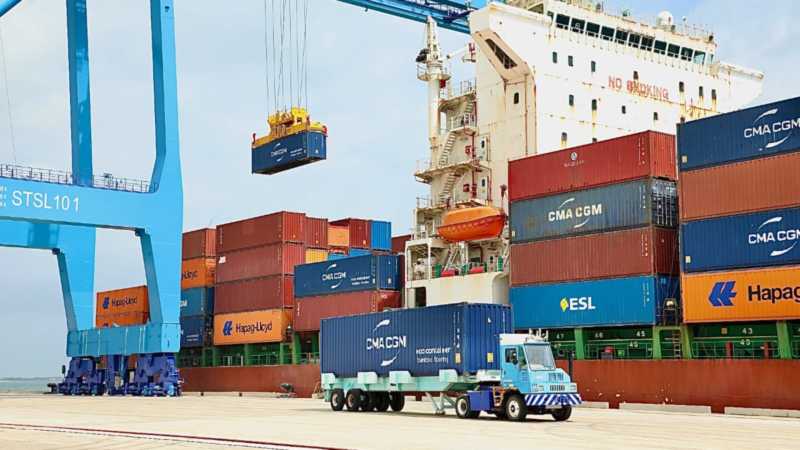Mombasa, Kenya— Local fishers and scientists are working together, merging indigenous knowledge with artificial intelligence (AI) and machine learning to help protect vital marine ecosystems and revive dwindling fish stocks.
The initiative, led by the Wildlife Conservation Society (WCS) Kenya Marine Program and Macquarie University, Australia, aims to identify critical sites for voluntary fishery closures — known locally as tengefus — that could help secure the future of small-scale fishing communities.
For the past three years, researchers have collaborated closely with coastal fishers, blending satellite imagery, machine learning, and deep-rooted local expertise to map essential habitats like coral reefs, mangroves, and seagrass beds.
“The power of this project lies in blending hyperlocal knowledge with cutting-edge science,” said Dr. Kyle Zawada, a postdoctoral fellow at Macquarie University.
“AI can predict habitat health, but fishers would correct us, saying: ‘You missed this spot — this is where the fish breed.’ That partnership is irreplaceable.”

Dr. Kyle Zawada speaking at the multi-stakeholder workshop at Sarova Whitesands which featured government, NGOs and other community organizations Photo: Allan Kai
The findings, unveiled at a recent multi-stakeholder workshop in Mombasa, paint a complex picture. Climate change is rapidly degrading coastal ecosystems, with coral bleaching and mangrove loss threatening the future of fisheries. Yet the data also highlights “bright” spots”—areas where strategic protections could help fish populations recover.
Despite the scientific optimism, some communities remain cautious.
"Open-access resources are difficult to regulate. When people don't see immediate benefits, they resist closures," said Remy Oddenyo, a marine scientist leading the project at WCS Kenya.
To bridge this gap, WCS has adopted an experiential approach — taking community members to visit successful marine protected areas along the coast.
“When they see the recovery with their own eyes, they become champions for these interventions,” Oddenyo said.
At the heart of the effort are Kenya’s Beach Management Units (BMUs)—grassroots fisheries cooperatives that are now establishing Joint Co-Management Areas (JCMAs). These legally recognized zones give communities a stronger hand in managing and enforcing conservation measures.
“These closures are essential for restoring breeding grounds and developing better management plans,” said Kibibi Abdalla, Mombasa County’s Chief Executive Committee Member for Blue Economy, Agriculture, and Livestock.
She noted that Mombasa has already established JCMAs for two BMUs, with more planned.
Elizabeth Mulwa, Deputy Director of Fisheries at the Kenya Fisheries Service, emphasized that Kenya’s Fisheries Management and Development Act provides the legal foundation for co-management — but the process must be community-driven.
“Public participation is key, but changing mindsets takes time,” she said.
“Some communities initially misunderstand JCMAs, thinking they’re restrictive parks. We need to guide them, clarify once more, and make sure they are actively engaged.

Elizabeth Mulwa Deputy Director of Fisheries at the Kenya Fisheries Service, speaking at the workshop. Photo: Allan Kai
Mulwa added that the government is developing national guidelines for establishing closures and is partnering with organizations like WCS to provide ongoing mentorship to communities.
90% of Kenya's fishermen rely on coastal stocks, making the stakes extremely high. Overfishing, climate change, and habitat loss have made traditional livelihoods increasingly precarious.
Dr. Maina Mbui, an associate professor at Macquarie University and head of the Spatial Decisions Group, stressed that the initiative supports Kenya's coastal communities and feeds into global targets, including Sustainable Development Goal 14, which focuses on the sustainable use of oceans and marine resources.
"We’re integrating data technology with traditional knowledge to support livelihoods and biodiversity," he said.
While the university’s role is largely research-focused, Dr. Mbui hopes the findings will help shape future national policy.
"Policy must be rooted in what communities value — sustainable livelihoods and healthy ecosystems," he added.











